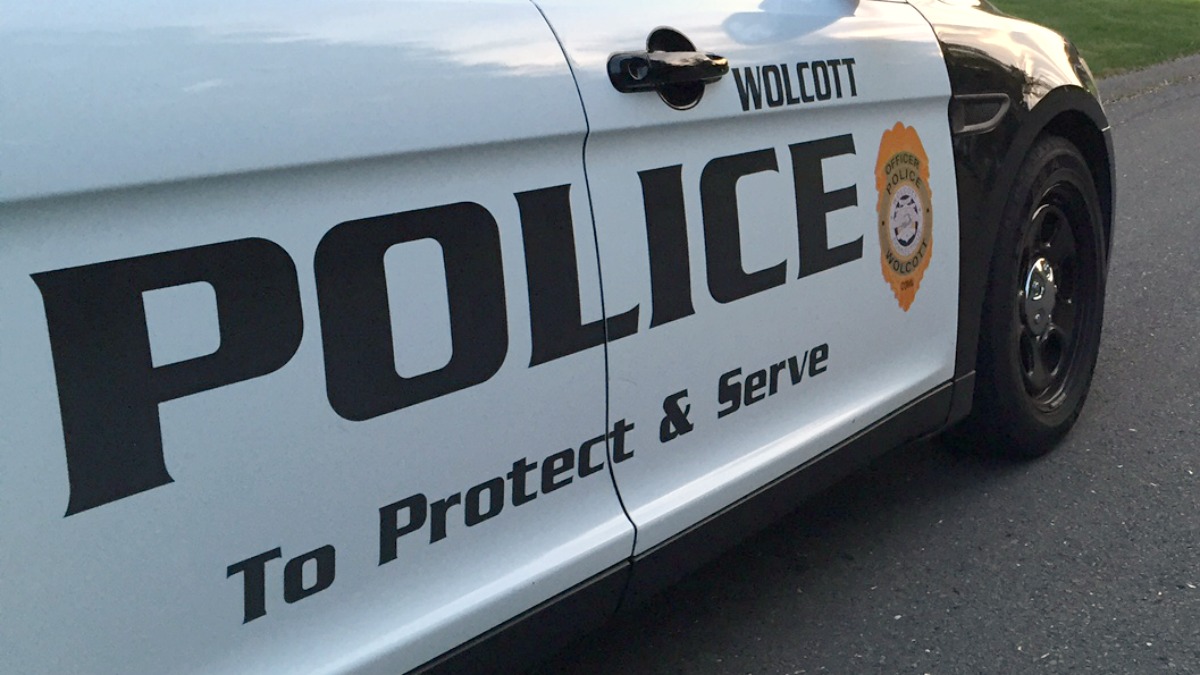How many times have you come home from work frustrated about getting cut off, tailgated or worse … and you didn’t have the video to prove it?
Don’t worry. We believe you.
NBC Connecticut Investigates spent six months on the road with cameras, capturing those scary moments. We asked what you can do to stay safer.
During our six-month hidden camera aggressive driving investigation, we:
Get Connecticut local news, weather forecasts and entertainment stories to your inbox. Sign up for NBC Connecticut newsletters.
- Nearly got sideswiped by a flatbed tractor-trailer
- Saw motorcycles weave dangerously in traffic at high speeds
- Witnessed plenty of drivers blowing and rolling through stoplights and stop signs, failing to yield, or merging improperly and aggressively, and tons of speeding.
Jon Harwood belongs to a Manchester Facebook group that posts aggressive driving.
“These people need a ticket! They need a ticket!” Harwood said.
Local
In West Hartford, bicyclist Erin Mcfarland said a lane dispute escalated to where a pickup driver swerved in front of him and knocked him down.
“It's stressful enough. There's a lot of traffic. And then for somebody to actually make contact with you, it was upsetting and scary,” Mcfarland said.
The pickup driver got an improper passing ticket. He didn’t respond to our interview requests.
While crashes related to speeding and aggressive driving may have plateaued at a post-pandemic peak, deaths from these kinds of crashes went up a third during the pandemic and haven’t gone down, according to the Connecticut Transportation Safety Research Center.
Here is a breakdown of fatal crashes on state roadways since 2015:
Executive Director Eric Jackson said during COVID-19, there were only a quarter of the speeding citations compared to before - now other issues curb enforcement.
“Enforcement activity during COVID dropped significantly, and none of those bad behaviors were kind of put into check, so a lot of those bad behaviors by drivers have started to escalate. The police accountability law has had an impact, you know, officers are not willing to pull over a vehicle now and kind of engage with the public unless it's something that's dramatic, and something that's an imminent threat to traffic, or safety,” Jackson said.
Plus, departments have been struggling to hire more officers, and law enforcement including state police, have more restrictions on pursuits - ironically, to keep drivers safer.
“If we were to pursue, and there's heavy traffic, or if we know there's construction ahead, if there's a school zone, that's not safe, it's not safe for anybody … drivers don't get the training that law enforcement do,” Sgt. Christine Jeltema with Connecticut State Police said.
Lawmakers also passed new legislation allowing speed and red-light cameras to increase enforcement.
And the Connecticut Department of Transportation is re-engineering roads to discourage aggressive driving and speeding - think narrower streets, elevated crosswalks and roundabouts.
“Put in some roundabouts that would damage their vehicle, if they went up on the on the curb lip there, they're probably going to avoid doing that,” said Garrett Eucalitto, Connecticut DOT commissioner.
Eucalitto also has chaired the state Vision Zero Council whose goal is to eliminate all transportation-related fatalities and severe injuries.
With 111 fatal crashes due to speeding last year, Connecticut is falling short.
“Our department’s goal is to see the numbers decline every year and in 2019, it dropped down significantly. We had much better trends in terms of crashes, fatalities, serious injuries on the roadways and since 2020, it’s gone the wrong direction.”
We asked, what will be the metric where the DOT believes we are finally making inroads against aggressive driving in the state?
Eucalitto said, “I think the metric for me is going to be the reduction in crashes and fatalities and serious injuries, you have to look at all of those.”
The Connecticut Transportation Safety Research Center data generates two big takeaways:
- Avoid driving on weekend nights
- Aggressive driving and speeding during rush hour gets worse as the workweek goes on
We also have more data that looks at the worst days and eight years of data on fatal crashes in Connecticut.



